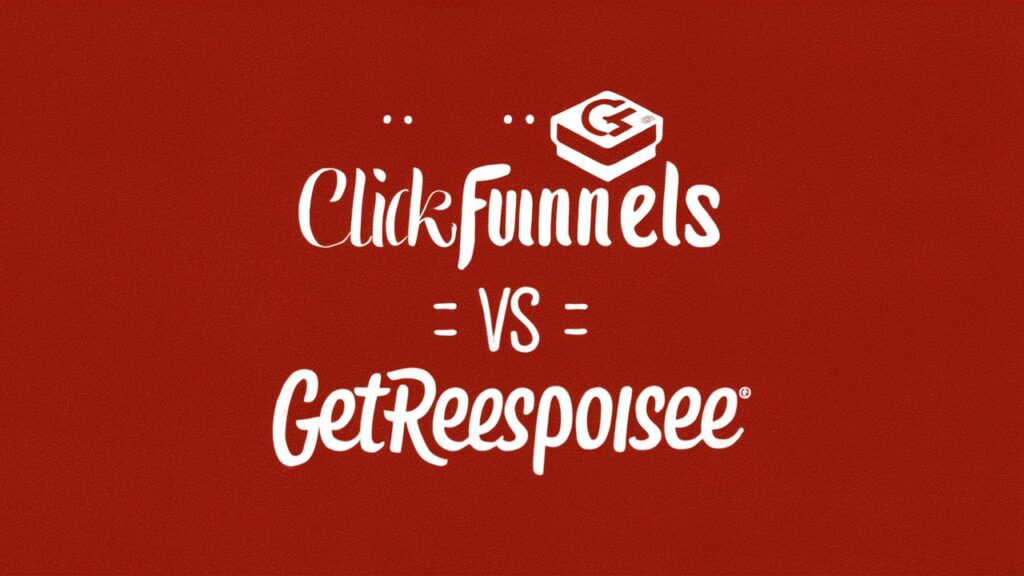In today’s digital age, having a robust online presence is essential for any business, particularly for e-commerce websites. The backbone of a successful e-commerce platform lies in its web hosting service. Choosing the right hosting plan can significantly impact your site’s performance, reliability, and user experience. In this comprehensive guide, we’ll explore everything you need to know about hosting for e-commerce websites, ensuring you make an informed decision that supports your online growth.
Why E-commerce Hosting Matters
E-commerce hosting is specially designed to handle the demands of online stores. Unlike standard web hosting, e-commerce hosting offers additional features that cater to the unique needs of retail websites, such as:
- Enhanced Security: E-commerce sites handle sensitive customer information, such as credit card numbers and personal details. Secure Socket Layer (SSL) encryption, frequently included in e-commerce hosting, protects this data.
- High Uptime Rates: A successful online store needs to be accessible 24/7. Look for hosts that guarantee at least 99.9% uptime, ensuring your customers can shop whenever they want.
- Improved Speed: Fast-loading pages lead to better user experiences and higher conversion rates. E-commerce hosting typically provides optimized servers and Content Delivery Networks (CDNs) to improve loading times.
- Scalability: As your online store grows, your hosting needs will change. E-commerce hosting solutions often offer scalability options, allowing you to upgrade resources as traffic increases.
Types of E-commerce Hosting
Choosing a suitable hosting type is critical for your e-commerce website. Here are the most common types of e-commerce hosting services:
- Shared Hosting: This cost-effective option is ideal for startups and small online stores. However, shared resources could lead to slower speeds and limited functionality during high-traffic times.
- Virtual Private Server (VPS) Hosting: Offering more resources and better performance than shared hosting, VPS hosting allows for greater customization, making it a suitable choice for mid-sized e-commerce businesses.
- Dedicated Hosting: This is a powerful option for larger online stores with heavy traffic. Dedicated hosting provides full control over the server, ensuring optimal performance and security.
- Cloud Hosting: Cloud hosting allows your store to scale quickly and efficiently by utilizing a network of servers. This ensures fast loading times and high uptime, making it a popular choice for e-commerce businesses.
- Managed Hosting: With managed hosting, the hosting provider takes care of all technical aspects, including updates and security. This option is ideal for those who want to focus on their business without worrying about server management.
Key Features to Look for in E-commerce Hosting
When selecting a web host for your e-commerce website, here are some key features to consider:
- SSL Certification: Look for hosts that provide free or easy integration of SSL certificates to protect sensitive customer data.
- Backup Solutions: Regular backups are vital for recovering from data loss. Choose a host that offers automated backup solutions.
- E-commerce-Friendly Tools: Opt for a hosting provider that offers pre-installed e-commerce platforms, such as WooCommerce or Shopify, along with user-friendly control panels.
- Customer Support: 24/7 customer support is crucial, especially if your online store experiences issues during peak shopping times.
- Payment Gateway Compatibility: Ensure that the hosting service supports various payment gateways to provide your customers with multiple payment options.
Popular E-commerce Hosting Providers
Several hosting providers are renowned for their reliability and features. Some popular options include:
- Shopify: Ideal for beginners, Shopify offers robust e-commerce solutions with hosting included. It provides excellent security and scalability for growing businesses.
- Bluehost: A well-rounded option for small to medium-sized e-commerce sites, Bluehost provides a free SSL certificate and integrates easily with WordPress and WooCommerce.
- SiteGround: Known for outstanding customer support and performance, SiteGround offers managed hosting solutions that are great for e-commerce websites.
- HostGator: Affordable and flexible, HostGator is suitable for small businesses, providing a range of e-commerce tools and features.
Final Thoughts
Choosing the right hosting for your e-commerce website is a critical investment. The performance, security, and reliability of your site can make or break your online store’s success. By understanding your business needs, exploring the different types of hosting, and evaluating essential features, you can find a hosting solution that propels your e-commerce venture forward.
Ready to take the plunge? Start your journey with a reliable hosting provider today and watch your e-commerce business thrive!


